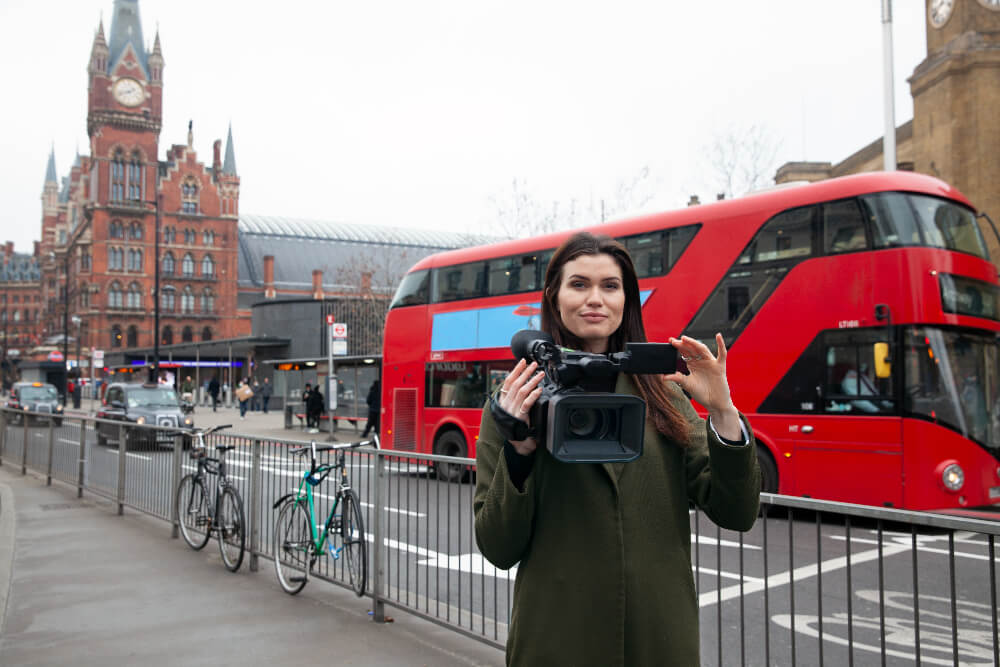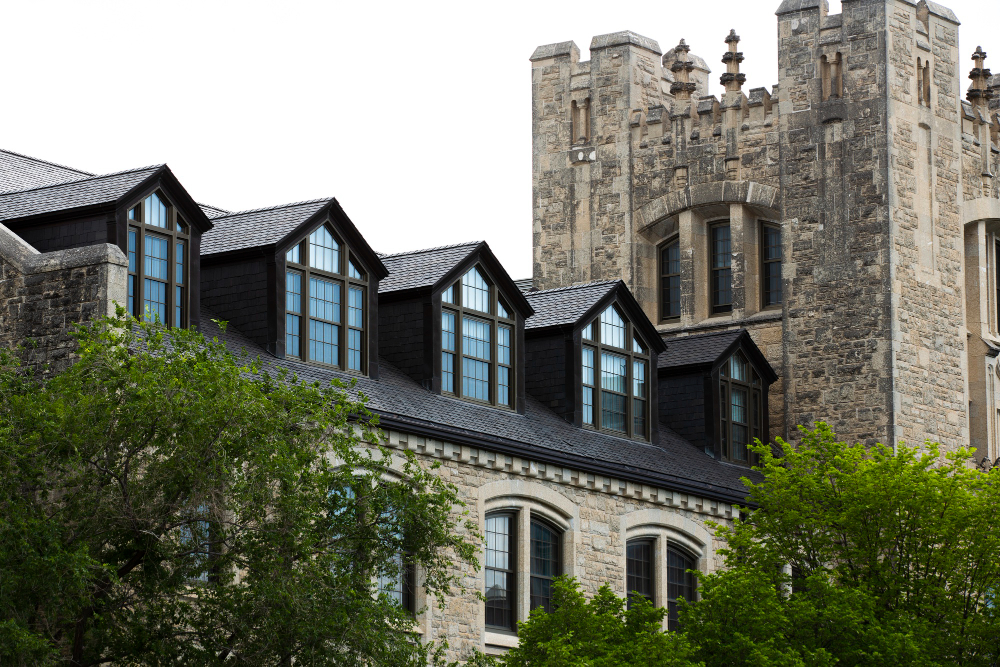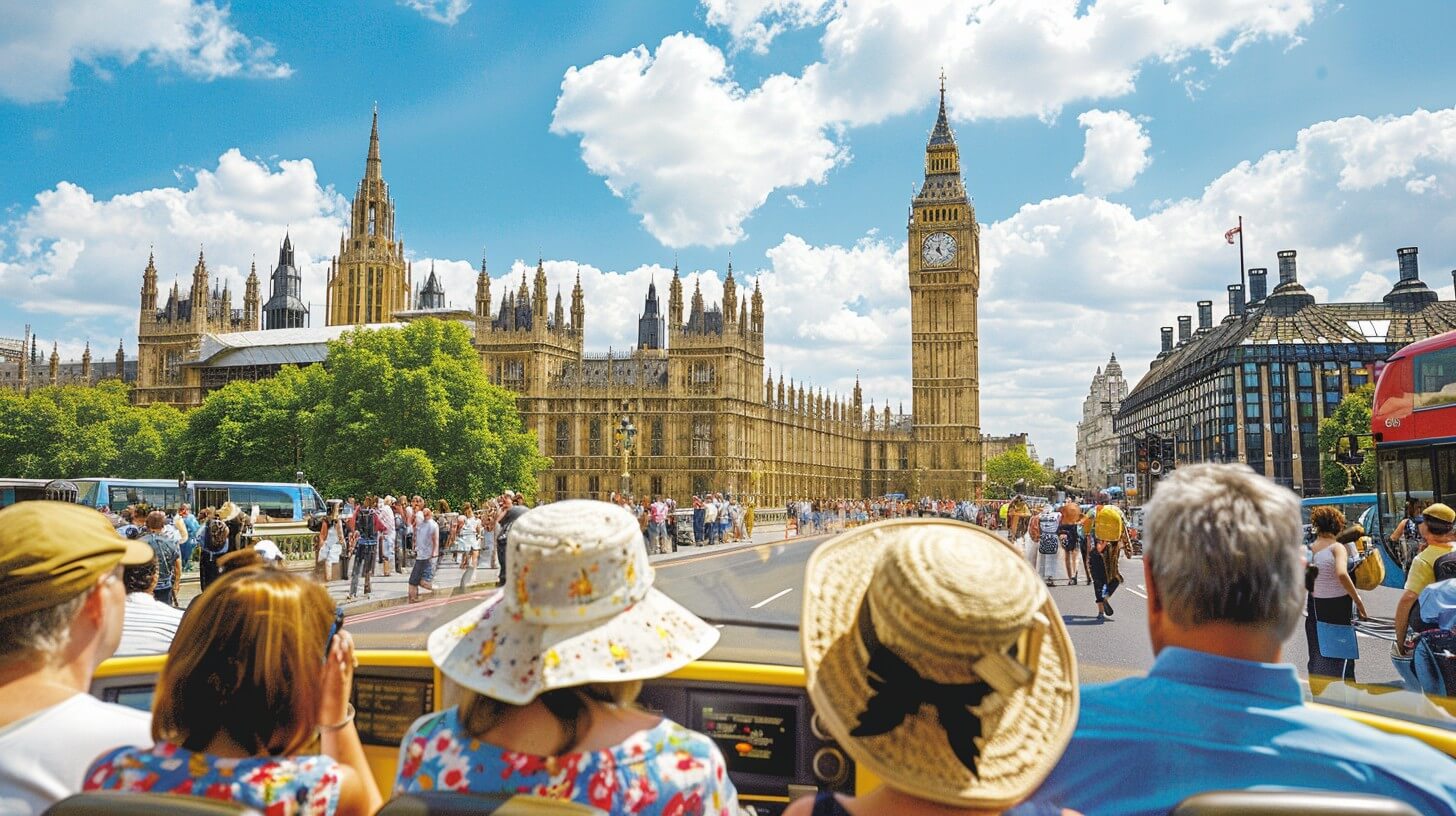Embarking on a political pilgrimage across England is a fascinating way to dive deep into the country’s rich political history.
This journey will take you through iconic landmarks, historic homes, and sites of monumental events that have shaped the nation.
Whether you’re a history enthusiast, a politics buff, or someone seeking a meaningful travel experience, this guide will help you plan an unforgettable pilgrimage.
We’ll address common questions and concerns, provide practical tips, and share personal stories to make the experience feel like a conversation with a knowledgeable friend.
Common Questions and Concerns
What is a political pilgrimage?
A political pilgrimage involves visiting significant sites related to political history.
This can include the homes of famous leaders, historic landmarks, and locations of important events that have influenced political thought and action.
It’s a journey that offers both educational insights and a deeper connection to the places that have shaped political landscapes.
How do I choose the right destinations?
Choosing the right destinations for your political pilgrimage depends on your interests.
Are you fascinated by specific political figures like Winston Churchill or Margaret Thatcher? Or are you more interested in events such as the signing of the Magna Carta or the suffrage movement? Researching these figures and events will help you identify the most meaningful sites to include in your itinerary.
What’s the best way to travel between locations?

England offers various travel options to suit your preferences. Renting a car provides the flexibility to explore rural areas and lesser-known sites at your own pace.
The train network, on the other hand, is extensive and connects major cities and towns efficiently.
Depending on your route, you might find a combination of both methods to be the most convenient.
Planning Your Political Pilgrimage
Research and Choose Your Destinations
Start your journey by identifying political landmarks that interest you.
England is rich with sites that have played pivotal roles in political history.
Here are some notable ones:
London
- Houses of Parliament: The iconic seat of the UK government, where you can take guided tours and witness parliamentary sessions.
- Churchill War Rooms: Discover the underground nerve center where Winston Churchill and his team directed the Second World War.
- Downing Street: While you can’t enter No. 10, the official residence of the Prime Minister, you can view it from a distance and understand its significance.
Kent
- Chartwell: The beloved family home of Winston Churchill, filled with memorabilia and set in beautiful gardens.
- Hever Castle: The childhood home of Anne Boleyn, which offers insight into the Tudor era and its political intrigues.
Oxford
- University of Oxford: This prestigious institution has educated numerous political leaders. Take a tour to see where they studied and debated.
- Blenheim Palace: Birthplace of Winston Churchill and a masterpiece of Baroque architecture, offering insights into his early life and the Marlborough legacy.
Manchester
- People’s History Museum: Dedicated to the history of democracy and social justice in Britain, this museum provides a comprehensive look at political reforms and movements.
Plan Your Route
With your destinations chosen, map out a logical route that maximizes your time and minimizes travel stress.
Here’s a detailed sample itinerary:
London
- Houses of Parliament: Start your journey at the heart of British politics. Book a guided tour to explore the historic chambers and learn about the legislative process.
- Churchill War Rooms: Dive into the secretive world of wartime strategy. The interactive exhibits provide a vivid picture of life during WWII.
- Downing Street: While access is restricted, a walk by Downing Street offers a sense of proximity to the UK’s political power center.
Oxford
- University of Oxford: Explore colleges like Christ Church and Balliol, known for their political alumni. Don’t miss the Bodleian Library, a treasure trove of historical documents.
- Blenheim Palace: A short drive from Oxford, this grand estate offers a blend of history, art, and stunning landscapes.
Kent
- Chartwell: Spend a day immersed in the life of Winston Churchill. The house and gardens are filled with personal items, paintings, and historical artifacts.
- Hever Castle: Discover the dramatic history of Anne Boleyn and the Tudor dynasty in this charming castle surrounded by beautiful grounds.
Manchester
- People’s History Museum: End your pilgrimage with a visit to this museum that celebrates the struggle for social justice and democracy. The exhibits cover a range of topics from the Peterloo Massacre to modern-day activism.
Book Accommodations
Choosing the right accommodations can enhance your experience.
Look for places that offer a touch of history and comfort.
Here are some suggestions:
- London: Stay in a historic hotel like The Savoy or The Ritz for a luxurious experience.
- Oxford: Consider booking a room at a college that offers guest accommodations, such as Keble College.
- Kent: Opt for a charming bed and breakfast near Chartwell or Hever Castle.
- Manchester: The Midland Hotel offers a blend of historical charm and modern amenities.
Prepare for Your Trip
- Pack Accordingly: England’s weather can be unpredictable. Bring layers, a waterproof jacket, and comfortable walking shoes.
- Gather Resources: Consider carrying a travel guide, downloading relevant apps, and bringing a journal to document your thoughts and experiences.
- Plan for Downtime: Political pilgrimages can be intense. Schedule some relaxation time to enjoy local cuisine, explore quaint villages, or simply rest.
Personal Stories
To make your journey more engaging, connect with locals and guides. For instance, during a visit to Chartwell, I met a volunteer who shared personal anecdotes about Churchill, providing a deeper understanding of his character beyond what any book could offer.
Engaging with people who have a passion for the sites you’re visiting can offer unique insights and make your trip more memorable.
Keeping Your Content Up-to-Date
Regularly update your guide with new destinations, travel tips, and personal experiences.
This keeps your content fresh and relevant, both for readers and search engines.
For instance, new exhibitions at museums or restored historic sites could offer fresh insights and attract repeat readers.
Continuing Your Exploration
A political pilgrimage across England is just the beginning.
Consider planning future trips to explore political history in other countries.
For instance:
- Scotland: Visit Edinburgh Castle, the Scottish Parliament, and sites related to the Jacobite risings.
- Ireland: Explore Dublin’s political history, including the General Post Office, the site of the 1916 Easter Rising.
- Wales: Visit Cardiff Castle and the Senedd, the Welsh Parliament, to understand Welsh political history.
Tips for a Smooth Journey
Staying Safe and Comfortable
Traveling can be exhausting, so it’s essential to prioritize your comfort and safety. Here are some practical tips:
- Health Precautions: Stay updated on any travel advisories or health guidelines, especially if you’re visiting in times of public health concerns.
- Packing Essentials: Pack comfortable shoes for walking, weather-appropriate clothing, a reusable water bottle, and any necessary medications.
- Safety Measures: Keep your valuables secure, stay aware of your surroundings, and have a plan for emergencies.
Budgeting for Your Pilgrimage
Budgeting effectively can help you make the most of your trip without overspending. Here are some budgeting tips:
- Accommodation: Look for deals on accommodations, such as booking in advance or staying in historic inns and bed-and-breakfasts.
- Transport: Consider purchasing rail passes if you plan to travel extensively by train. Compare car rental rates if you prefer driving.
- Food: Enjoy local cuisine but balance eating out with preparing your own meals occasionally. Farmers’ markets and local grocery stores can be great places to find affordable and fresh food.
Making the Most of Each Visit
Maximize your time at each site by planning your visit:
- Check Opening Hours: Verify the opening hours and any special events or closures.
- Book in Advance: For popular sites, book tickets in advance to avoid long lines.
- Join Tours: Guided tours can offer deeper insights and access to areas not available to the general public.
Final Tips
- Be Flexible: Leave some room in your schedule for spontaneous detours or extra time at particularly fascinating sites.
- Engage with Locals: Conversations with locals can provide unique insights and recommendations that you might not find in guidebooks.
- Document Your Journey: Keep a journal or blog about your experiences. It’s a great way to reflect on your trip and share your journey with others.
Conclusion
Planning a political pilgrimage across England is an enriching experience that combines travel, history, and personal growth.
By addressing common concerns, providing practical advice, and sharing personal stories, this guide aims to make your journey as smooth and engaging as possible.
Whether you’re tracing the steps of Winston Churchill or exploring the battlegrounds of historical events, this journey promises to be both educational and inspiring.
Happy travels!
FAQs
What are some key Political pilgrimage England?
The Houses of Parliament (Palace of Westminster) in London is a must-visit landmark, known as the “mother of all parliaments”.
Other important sites include Westminster Hall, Victoria Tower Gardens, and the Elizabeth Tower housing Big Ben.
Consider visiting Bosworth Battlefield and the site of the Peterloo Massacre for their historical significance in power and protest.
How can I incorporate historical rebellions into my pilgrimage?
Include stops related to the Pilgrimage of Grace, a major rebellion against Henry VIII in 1536-1537.
Visit Yorkshire, where the rebellion began, and other parts of Northern England like Cumberland, Northumberland, and Durham.
This will provide insights into religious and political conflicts of Tudor England.
What’s the best way to explore Westminster’s political pilgrimage England?
Take a self-guided walk through Westminster, starting at Smith Square and ending at Trafalgar Square.
This route covers party headquarters, lobbyist offices, and key political associations. Plan for about three hours, including a lunch stop at a pub frequented by politicians.
Are there any religious sites relevant to a political pilgrimage England?
While many religious pilgrimage sites were destroyed during the Reformation, some have been revived.
Consider visiting cathedrals and abbeys that played roles in political history, such as Westminster Abbey.
Remember that pilgrimage in England often emphasizes recalling previous events and people significant to the pilgrims.
How can I learn about the development of democracy in England during my pilgrimage?
Visit the Palace of Westminster, which has been central to the development of democracy for nearly 1000 years.
Explore sites related to the Magna Carta, the English Civil War, and the suffragette movement.
The Palace of Westminster itself has witnessed pivotal moments in democratic history, from the origins of parliament in the 13th century to protests for women’s voting rights.


